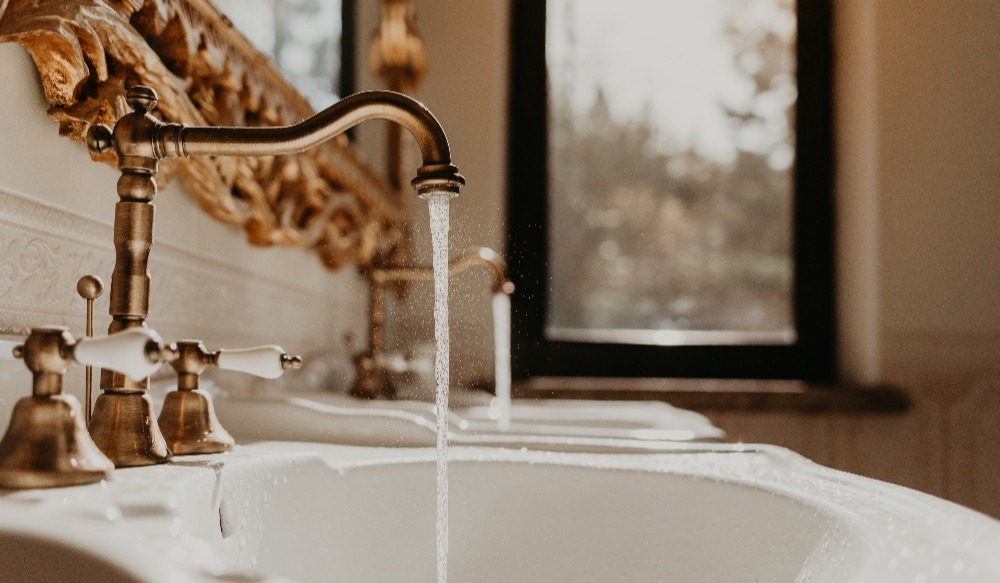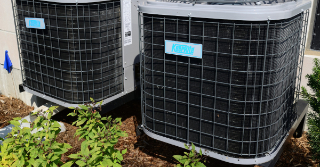Water damages have become an increasingly large risk to homes, especially those caused by the homes internal plumbing system. The more water points, such as bathrooms, dishwashers, ice makers and other appliances, a home has the more opportunity there is for failures at connection points, supply hoses, valve assemblies – the list goes on. This makes high-net worth homes more vulnerable to water damage as they typically have more water points. Plus, high-net worth homes often contain custom elements such as molding, trim, and woodwork along with expensive electronics, extensive wiring and amenities like wine cellars and home theaters – all which can be ruined with a bit of water leaking in the wrong place. When you only compare claims on high-net worth homes it is easy to see why water damages actually takes 1st place in frequency, severity and payout.
Fortunately, most water damages can be prevented. Here are some key tactics to mitigate your risk:
- Implement scheduled maintenance plans for plumbing systems, including water heaters, sprinkler systems and sump pump systems.
- Regularly inspect water supply lines to appliances.
- Use steal-braided hoses instead of rubber ones where able and replace them every 10 years.
- Install individual shut off systems on appliances making it possible to shut of the water to a leak immediately.
- Install a whole house automatic water shutoff system to sense excessive water flow or water in the wrong places and shut off the water to the house, preventing major water damage.
- Place individual moisture detection devices beneath your humidity/HVAC units, wet-bars, washers, sinks, etc. to immediately alert you of a leak. Similarly, low temperature sensors alert you to a drop in home temperature and help prevent frozen pipes. These can connect to your home’s alarm system.
Working toward loss prevention is an important part of home ownership. Some proactive measure may even result in lower insurance premiums. Contact your independent insurance agent for more information.



